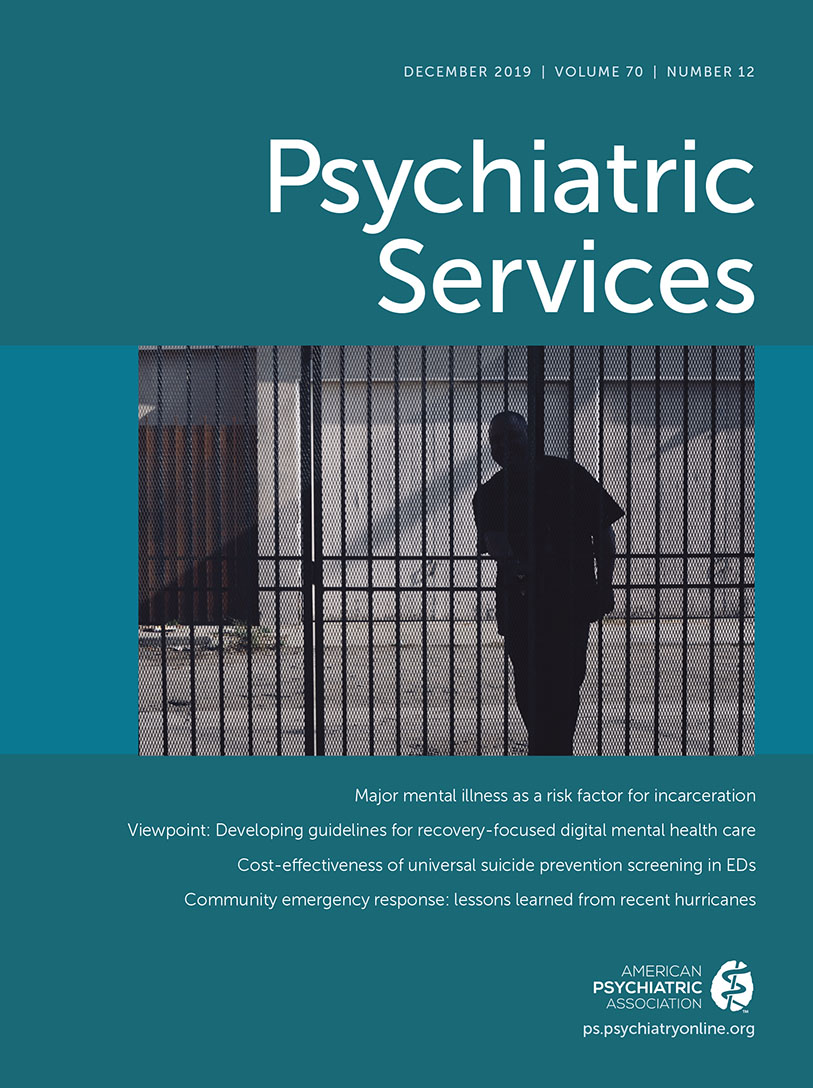A Commercial Insurance Claims Analysis of Correlates of Behavioral Therapy Use Among Children With ADHD
Abstract
Objective:
The study examined factors associated with uptake of behavioral therapy among children with attention-deficit hyperactivity disorder (ADHD).
Methods:
Insurance claims data from 2008–2014 (MarketScan) were reviewed to examine associations between behavioral therapy use and demographic, patient, family, and provider factors. The association between ADHD medication use and future uptake of behavioral therapy was examined with logistic regression adjusted for covariates found to affect behavioral therapy use.
Results:
Among 827,396 youths with ADHD, under 50% received any billable behavioral therapy services over the 7 years. ADHD severity, gender, region of residence, assessment year, comorbid behavioral disorders, and behavioral therapy use by siblings were significantly associated with behavioral therapy use (p<0.001). Parent psychopathology and sibling medication use was not. Children prescribed ADHD medication were 2.5 times less likely than those not prescribed medication to use behavioral therapy, even after adjustment for severity of behavioral health symptoms and other covariates (odds ratio [OR]= 0.41, 95% confidence interval [CI]=.40–.41, p<0.001). Effects of medication use were stronger for future uptake of behavioral therapy (OR=0.25, 95% CI =0.24–0.25, p<.001). The impact of medication use on behavioral therapy use was equally strong for children under age 6 and for older children and did not weaken after release of 2011 guidelines recommending behavioral therapy as the initial ADHD treatment for young children.
Conclusions:
Multiple systems, family, patient and provider factors affected behavioral therapy uptake. ADHD medication was a robust and potentially modifiable factor. It may be advisable to engage families in behavioral therapy prior to initiation of ADHD medication.



